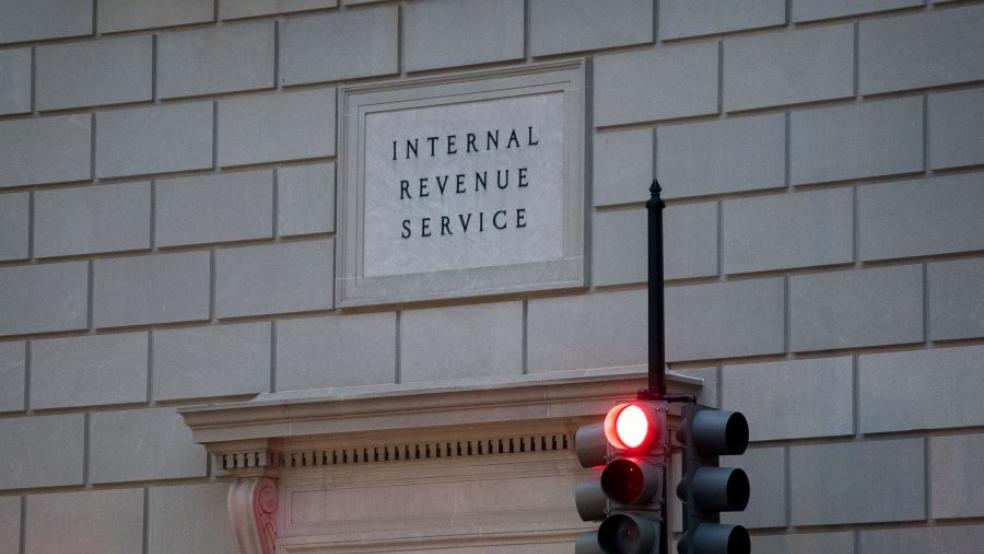Last year was full of misery for taxpayers and tax professionals dealing with the Internal Revenue Service, but this year should be somewhat better, according to an independent watchdog’s annual report to Congress.
“We have begun to see the light at the end of the tunnel,” National Taxpayer Advocate Erin M. Collins wrote in the preface to her latest report. “I am just not sure how much further we have to travel before we see sunlight.”
Collins’s report says the IRS has made substantial progress in reducing its huge backlog of unprocessed returns and correspondence, cutting the number of such items requiring manual processing from more than 22 million as of the end of 2021 to about 15 million as of last month. For individual tax returns on paper, the backlog was cut from 4.7 million to 1 million. “Because the majority of individual taxpayers receive refunds, the reduction in unprocessed paper tax returns was a significant accomplishment,” the report says.
Still, the watchdog says that millions of tax filers have been waiting for an unacceptably long period of at least 8.5 months to get their refunds and the agency’s continuing backlog means that the 2023 filing season will inevitably be rife with challenges and frustrations.
Service improvements ahead? Telephone customer service remains a major problem for the IRS, with just 13% of 173 million calls last year answered by a live agent and hold times averaging 29 minutes. The report points to the agency’s recent hiring of 4,000 new customer service representatives and its goal of adding 700 more employees to provide in-person help as reasons for optimism. Treasury Secretary Janet Yellen said last fall that the agency will answer more than five times as many calls in the coming filing season and that wait times would be cut to less than 15 minutes.
Collins also cites the $80 billion in additional funding provided to the agency by Democrats as part of last year’s Inflation Reduction Act as positive development. The new money includes $3.2 billion allotted for service improvements and $4.8 billion for systems upgrades. “This legislation provides the IRS a critical opportunity to significantly improve its delivery of taxpayer services,” the report says, adding that “increased funding alone will not guarantee improvement.”
GOP vs IRS: The report comes as Republicans, newly in control of the House or Representatives, have put the IRS squarely in their sights. House Republicans have already passed a bill to repeal most of the $80 billion in additional funding over 10 years provided to the agency by Democrats last year. They will also be voting on a plan to abolish the tax agency and replace the federal income tax with a national consumption tax. That bill, called the Fair Tax Act, was introduced Wednesday by Rep. Buddy Carter (R-GA). House Speaker Kevin McCarthy (R-CA) reportedly agreed to bring the bill up for a floor vote as part of the deal to get conservatives holdouts to back his bid for the speakership.
While neither piece of legislation is likely to become law given Democratic control of the Senate and White House, they provide a clear indication of the scrutiny the IRS faces.
What’s next: Collins lays out dozens of recommendations for improvements. She calls for the agency to create online accounts for taxpayers similar to those of private financial firms, which could facilitate communications and correspondence. She also urges the agency to hire more human resources employees to manage its expanded recruitment, hiring and training efforts.
The report also calls for the widely used Earned Income Tax Credit to be restructured to both make it simpler for taxpayers and to reduce improper payments.
The IRS is expected to submit a modernization plan within weeks detailing how it proposes to spend the new funding it is set to receive.



